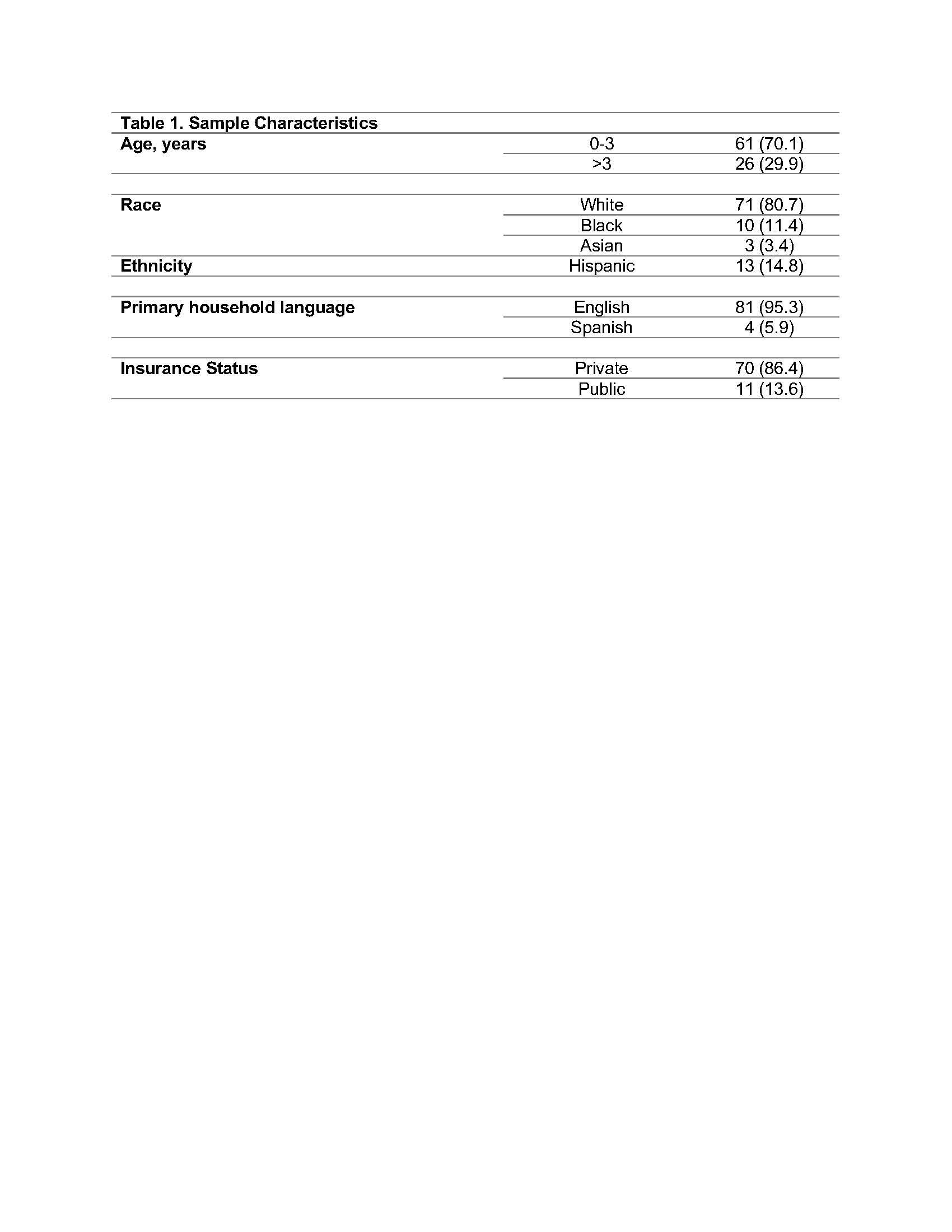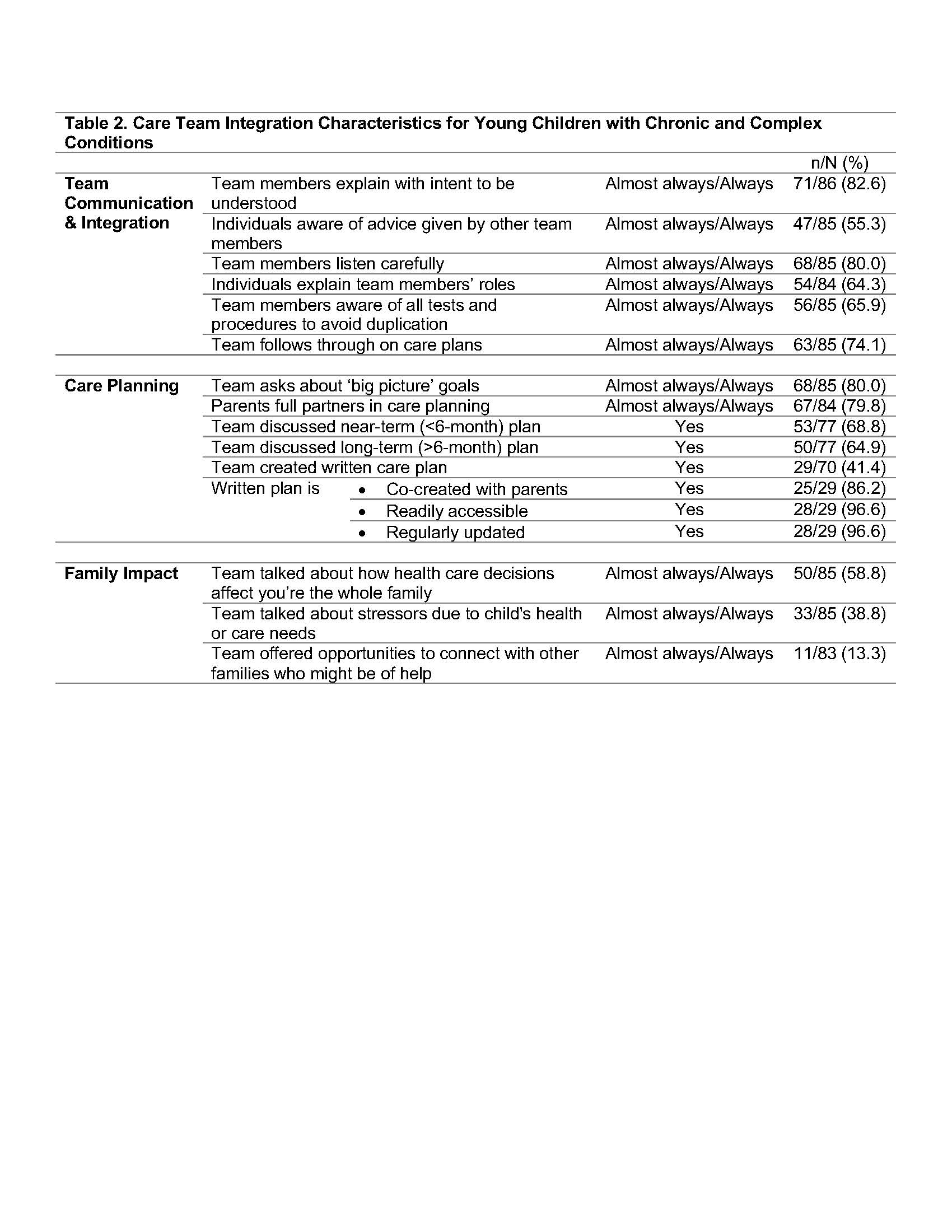Children with Chronic Conditions
Session: Children with Chronic Conditions 3
287 - Care Integration Needs for Young Children with Medical Complexity
Friday, May 3, 2024
5:15 PM - 7:15 PM ET
Poster Number: 287
Publication Number: 287.202
Publication Number: 287.202

Jonathan S. Litt, MD, MPH, ScD
Neonatologist
Beth Israel Deaconess Medical Center
Boston, Massachusetts, United States
Presenting Author(s)
Background: Infants with complex medical needs require significant coordination and integration between care teams, disciplines, and across settings. Fragmentation in healthcare delivery often leads to delayed, missing, or duplicated services. Little is known about the integration needs of young children with chronic and complex conditions.
Objective: We aimed to ascertain parent perspectives on team communication, service integration, and care planning.
Design/Methods: We collected data in 2021-2022 as part of a quality improvement initiative in subspecialty programs caring for infants with medical complexity at a large children’s hospital. Children received care in at least one of three specialized multidisciplinary programs – NICU follow-up, pulmonology, and growth and nutrition – in addition to their primary care pediatrician. Parents were invited to respond to an adapted version of the validated Pediatric Integrated Care Survey (PICS), a measure of care team attributes in five domains. Anonymized data were collected electronically in both English and Spanish. Respondents were asked to rate the frequency of activities performed or behaviors displayed by their care team – always, almost always, sometimes, rarely, or never. Top box scores (always, almost always) were tabulated and reported.
Results: The majority of the 88 respondents were white, English-speaking, and had private insurance. The majority of parents endorsed that their children’s providers explained information clearly (83%), listened to their concerns (80%), and followed through on care recommendations (74%). Only forty percent perceived that team members communicated with one another, and only 55% of respondents endorsed that individual care team members were aware of advice given by other care team members. Parents were also less likely to report that care team members asked about how medical decision-making impacts the family as a whole (59%) or how a child’s care needs place stress on the family (39%). While the majority of parents reported that their children’s care teams included them as partners in care planning (80%) and initiated discussions about near- (69%) and long-term (65%) goals, only 41% of children had a written care plan.
Conclusion(s): Parents of young children with medical complexity responding to a validated care integration experience survey endorsed that care team members often engage with families as partners in goal setting and care planning. Improvements can be made in inter-team communication, sensitivity to the impact of a child’s medical needs on their family, and developing and disseminating written care plans.


